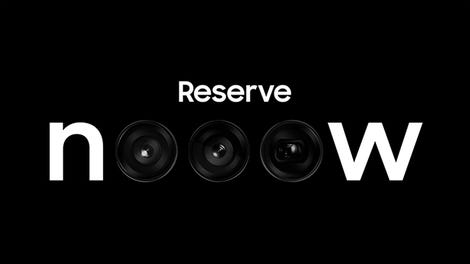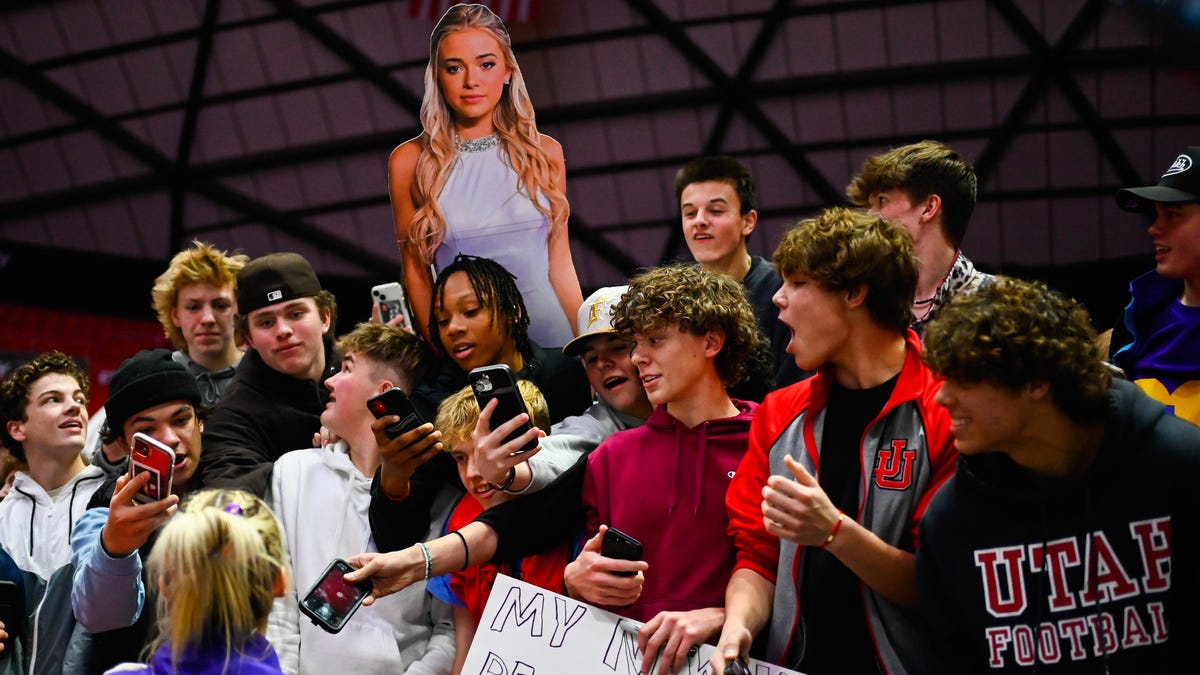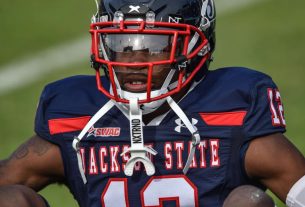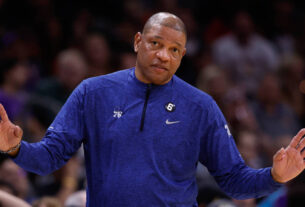Last week, LSU was forced to beef up security around their gymnastics team, after fans of Olivia “Livvy” Dunne showed up at a meet the TikTok star was attending and disrupted the routines of fellow competitors. A video of a crush of young men, waiting for Dunne outside the competition, chanting her name, has been described as “cringe,” but actually tips over into frightening. Any woman can tell you that a mob of college-age men whipping themselves into a frenzy with desire over a woman doesn’t feel, and likely isn’t, safe.
Just yesterday, U.S. Olympic track and field/bobsled star Lolo Jones revealed that she’s had three different male stalkers in just the last year, saying, “Three times now where guys have crossed the line, jeopardized my and my friends (sic) safety, and altered my life.” Jones went on to tell her followers that one man, in a move straight out of an 80s slasher film, broke into the U.S. Olympic training center and waited overnight for her. Another stalked her house and told police she had invited him to live with her.
Even worse, 23-year-old Jamea Jonae Harris (and let’s say her name and stop calling her a “23-year old woman,” sports media) was allegedly shot and killed near campus on Sunday morning by then-Alabama basketball player Darius Miles, possibly because she refused to talk to him and another man when they approached her in their car. Both Miles and the other man in the car have been charged with capital murder. Miles denies shooting Harris, but admits to providing the gun that was used to shoot her. (Miles’ legal reps also provided a new statement on his behalf, after he was reportedly unaware of the first.)
Misogyny and violence against women starts small
Taken separately, it might be hard to see how a TikTok star being mobbed by male fans has to do with stalking or being randomly shot on the street, but the connective tissue between all three events is that men who feel entitled to women’s time and attention and have become emboldened to seek it out.
G/O Media may get a commission

Up to $100 credit
Samsung Reserve
Reserve the next gen Samsung device
All you need to do is sign up with your email and boom: credit for your preorder on a new Samsung device.
I can already hear the cries of “Not All Men!” coming from the audience. And yes, women understand that it’s “not all men.” But it’s enough men that every woman you know has a scary story about a male stranger. That we run to our cars in parking garages with our keys between our fingers and go to the bathroom in pairs. In 2019, nearly 1,800 women were killed by men, most as a result of intimate partner violence. And the numbers are trending upward.
Last year, the NYT wrote:
(Harassment) is such a widespread, daily occurrence that it is rare to find a woman who hasn’t experienced some kind of sexual harassment or assault. Roughly one in three women around the world has been subjected to physical or sexual violence by an intimate partner, a family member, a friend, an acquaintance or a stranger, according to a W.H.O. report published this month. The perpetrator is almost always a man, the report notes, and rates are higher in poorer communities. In the United States, one online survey in 2018 found that 81 percent of women had experienced some kind of sexual harassment during their lifetimes.
And smaller aggressions lead to bigger ones:
“There is enough data to know that men who kill women do not suddenly kill women, they work up to killing women,” Ms. Criado Perez added. “If only we were to listen to women and pay attention to the misogyny and aggression and violence that they deal with on a daily basis.”
Sports, as a microcosm of American society at large, has a role to play here, in both harming women and educating the public about violence against women, The recent internal NWSL report detailed the ways in which women’s soccer players were verbally, emotionally, and sexually harassed by coaches. Michigan State is synonymous with now-disgraced doctor Larry Nassar, infamous for sexually abusing hundreds of young women, in part while working with the school’s gymnastics team. Baylor is accused of having a full-on gang rape problem with its football team. LSU is accused of turning a blind eye to multiple accusations of sexual assault by football players.
And yet, we almost never see the world’s most popular male athletes, the ones with the biggest platforms and all the influence, speak up on behalf of violence against women. Quite the opposite, in fact. LeBron James was recently photographed yukking it up with Miles Bridges, who also recently pled no contest to a felony domestic violence charge and received three years probation. James also recently tweeted out support for Tory Lanez’s music, while Lanez was awaiting trial for shooting Megan Thee Stallion in the foot. He was found guilty of three felony firearms charges by a jury in December.
Tom Brady almost single-handedly brought Antonio Brown back into the NFL fold after Brown was released by the Patriots following accusations of sexual assault and misconduct by multiple women [Editor’s note: Brown settled a lawsuit accusing him of sexual assault] and an existing video of Brown berating the mother of his children in front of said children. Brady stumped for Brown with the Bucs and spoke glowingly of him to the press. In April of 2021, Brown settled a sexual assault civil suit with his former trainer, Britney Taylor. Rather than hawking TB12 all the time, how about if Brady steps up and talks to all the men who use him in their Twitter avatars about consent and respect for women?
The sad fact is that star athletes (many of whom have daughters) can reach a wide swath of impressionable young men in a way that no one else can. Men may be divided by politics and preference in other areas of life — one guy may listen to Joe Biden while another holds a “Let’s Go Brandon!” sign — but sports is where America comes together. We often work through our collective national issues on the field before we do so in wider society. And women desperately powerful men to stand with them and behind them when it comes to violence against women. Where’s all the NFL’s purple gear? October is also domestic violence awareness month.
The best time for athletes to pay attention and speak up about the way women are treated in and around sports was 50 years ago. The second best time is starting now.



